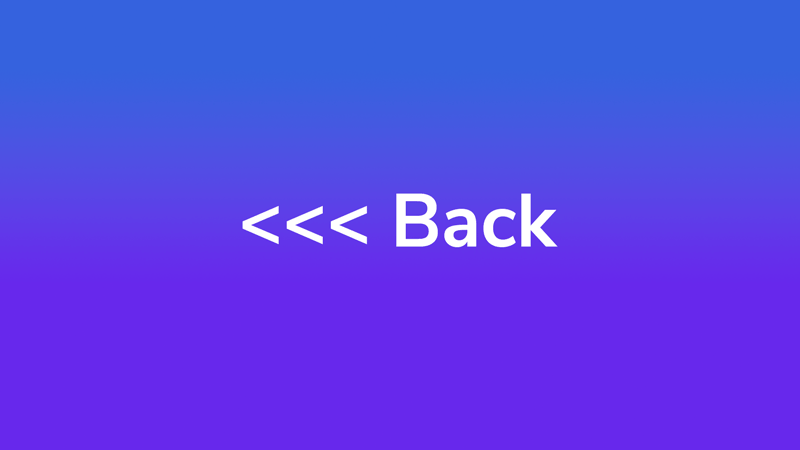2024 hospitality benchmark report
Messaging channel – North America
Messaging channel – North America
In this chapter you will find
In this chapter you will find
Introduction
Introduction
“Message me.”
When a guest signs up for mobile messaging — whether via SMS, WhatsApp, or another platform — they’re not just giving you permission to reach out to them. They’re expecting you to.
While email has become primarily a channel for work and commerce, messaging still feels like getting a casual ping from a friend. Which is probably why 65% of people open a text message within 5 minutes of receiving it, according to a recent survey.
Hoteliers can use the messaging channel throughout the guest journey, from pre-arrival reminders, to onsite customer service, to post-stay surveys, and more. And with the help of AI, messaging can free up your staff from troubleshooting repetitive topics and take the guest experience to new heights.
We will examine benchmarks around how guests interact with messaging channels and how hoteliers use messaging to increase efficiency and enhance the guest experience.
Downloads
Downloads
North America messaging channel benchmarks
North America messaging channel benchmarks
Amid ongoing staffing shortages, hoteliers need ways to offer a high-touch, personal experience to their guests without increasing demands on their already strained teams. AI-enabled messaging can ease that burden.
Revinate Ivy is an AI-enabled digital concierge that can automatically answer guest questions and resolve issues in one seamless conversation with your guests. Meanwhile, behind the scenes, Ivy can tag in a staff member when needed. She also suggests responses for staff to send when she’s unsure of the right answer herself. Messaging is an increasingly important communication channel that guests see as more convenient and personal than email. We’ve analyzed over 19 million messages between Ivy and her guests to help hoteliers understand how guests interact with this channel and understand their performance.

Guest messaging behavior: Benchmarks for engagement rates, message volume, and more
Guest messaging behavior: Benchmarks for engagement rates, message volume, and more
According to a recent survey, 91% of consumers said they would sign up to receive text messages from a brand. But the beauty of the messaging channel is that the communication goes both ways, and your guests want more than just informational updates or offers from you — they want to text you back, ask you questions, and engage in a conversation.
Quick links

Engagement rate
Guests in North America responded to messages from Ivy 24.3% of the time, which stayed fairly consistent month-to-month.
Whether a guest responds to Ivy is highly influenced by the types of messages a hotel sends. If you’re using the channel to simply convey information, like check-out times or reminding guests of the amenities on offer, guests may not respond. Messages with upsells, survey requests, and questions in them (like, “How is your stay going so far? Anything I can help you with?”) are much more likely to engage your guests.
Incoming and outgoing messages
Looking at the total number of incoming messages from guests and the number of outgoing messages from Ivy, the yearly averages were 23% and 77%, respectively. These averages stayed fairly consistent throughout the year.
Remember, outgoing messages include both messages sent from Ivy and those sent from staff. But to your guests, they are only interacting with Ivy.
Opt-out rate
Inevitably, some guests will bow out of the messaging channel — after all, everyone has their preferences. The average annual opt-out rate for Ivy is 4%.
Notably, this is less than the 9% of consumers who said “no” when asked if they would sign up to receive text messages from a brand.
In our 2023 benchmark report, we reported a <1% average annual opt-out rate. We dug in to the data to understand this shift, and found that as Revinate’s customer base has grown, our opt-in rate has also increased by a similar rate. These changes are reflective of a larger sample size, not changes in guest behavior.
The important thing is to give guests the option to communicate with you in the channels and manners that they prefer, whether it’s messaging, voice, email, or at the front desk. And for many of your guests, that means via text.
Efficiency: Benchmarks for automation, resolution time, and more
Efficiency: Benchmarks for automation, resolution time, and more
Now that we understand how guests are interacting with the messaging channel, we’re ready to dive into how hoteliers are using Ivy to delight guests and drive efficiencies.
Quick links

Message categories
Hoteliers implement Ivy to interact with guests at key moments in the guest journey, whether sending pre-arrival details, a welcome message, a mid-stay temperature check, check-out details, or a post-stay survey. Hoteliers can also set up custom messages or special promotions tied to circumstances specific to their property.
Connecting with guests at these intervals gives guests the experience of an attentive digital concierge, without tying up the front desk.
Median resolution time
Remember, messaging isn’t a one-way street. Guests message Ivy back with their questions and requests.
Ivy will auto-resolve a message if the message contains an informational query where she can answer with a high level of confidence. If the message is from an upset guest or otherwise needs human attention, Ivy creates a queue of messages for staff to resolve. This queue is timed and can be escalated to management if messages aren’t resolved after a certain interval that hotels can set individually.
How fast is Ivy able to resolve questions from guests compared to staff? A lot faster — ten times faster, to be precise.
We calculated the median resolution time in order to most accurately represent the guest experience.
Automation rate
The automation rate hoteliers employ with Ivy depends on how you prefer to implement it. Some hoteliers opt to have staff answer all or even most guest messages by default, while others enlist Smart Responses to handle the majority of guest requests.
The average automation rate across our customers is 37%, with the most active hoteliers achieving rates over 60%.
Learn more about the benefits of automated texting for your hotel, or explore what Ivy can do for you.











